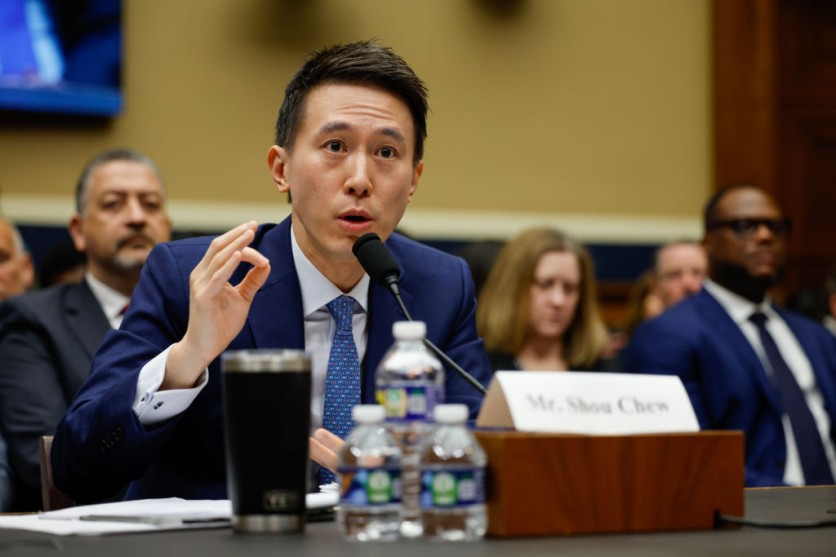Amid ongoing US government scrutiny of the well-known social media platform, former TikTok employees voice their views in opposition to the company's autonomy claims.
TikTok CEO Shou Zi Chew faced severe scrutiny from US legislators in January about the app's Beijing ties and national security dangers. The US House's March mandate for ByteDance to divest its TikTok share challenged Chew's claims of independence. In a recent Fortune report, 11 former TikTok employees contradicted their ex-employer's autonomy assertions.
TikTok-China Connection Remain Despite US Restrictions
These former TikTok employees, some of whom worked for TikTok until last year, claimed that the company's operations remained linked to ByteDance, thereby weakening its independence from China. Former employees, speaking anonymously for fear of retribution, revealed a covert line of command despite TikTok's claims.
Former senior data scientist Evan Turner disclosed TikTok's cover-up of ByteDance's participation. Turner acknowledged frequent communication of sensitive information with ByteDance workers in China, including US users' names, email addresses, and IP addresses, despite efforts to keep user data in the US.
Regulators are now questioning TikTok's strategy code named Project Texas, which covers data-sharing prevention measures as cybersecurity experts are concerned about TikTok's purported data transfer to China and its hazards.
The former TikTok workers also disclosed that ByteDance staff in China frequently used internal software systems like Lark, a messaging system operated by ByteDance. The platform's lack of data storage transparency frustrated former business development staffer Nnete Matima, who struggled to reassure clients about data security.
Read Also : Samsung Beats Out Apple for Top Phonemaker Spot

(Photo : Chip Somodevilla/Getty Images)
TikTok CEO Shou Zi Chew testifies before the House Energy and Commerce Committee in the Rayburn House Office Building on Capitol Hill on March 23, 2023 in Washington, DC.
Increasing Pressure on TikTok
TikTok's connection with ByteDance raises data privacy and national security hazards, prompting US government investigations. Despite TikTok's promises, worries remain regarding its relationship with its Chinese parent firm and data security.
Despite investing $1.5 billion in a dedicated operation, TikTok has struggled to satisfy US legislators about its safety. Given ByteDance's Chinese parent company, executives committed to voluntarily segregating US user data and hiring outside specialists to keep the app's algorithm free of Chinese interference.
The firm's Project Texas team manages US data and content suggestions but its implementation has been difficult, according to current and former TikTok employees, per The Wall Street Journal. Managers have ordered employees to disclose data internally and with ByteDance colleagues outside formal channels, raising concerns about privacy breaches.
ByteDance personnel in China update TikTok's algorithm often, making it hard for Project Texas employees to approve each modification, potentially causing issues. Project Texas personnel have expressed concerns about delays in acquiring laptops and software held by a separate entity, leaving them apprehensive about the security of their ByteDance-owned devices and tools.
TechTimes previously reported that TikTok, already under congressional scrutiny, faced another privacy and security lawsuit from the Federal Trade Commission (FTC) regarding children's data and safety.
The FTC launched an investigation into TikTok's COPPA breaches and Chinese access to US user data, adding pressure on TikTok to detach from ByteDance to maintain its US presence.
The US House's RESTRICT Act might outlaw TikTok in the country. If passed into law, the measure might designate TikTok as a foreign business, requiring it to divest from ByteDance and break links within 180 days, complicating the video-sharing platform's US operations.
Read also: TikTok's Parent Company ByteDance Gains 60% Increase in Profits, Surpassing Rivals: Report

ⓒ 2025 TECHTIMES.com All rights reserved. Do not reproduce without permission.




